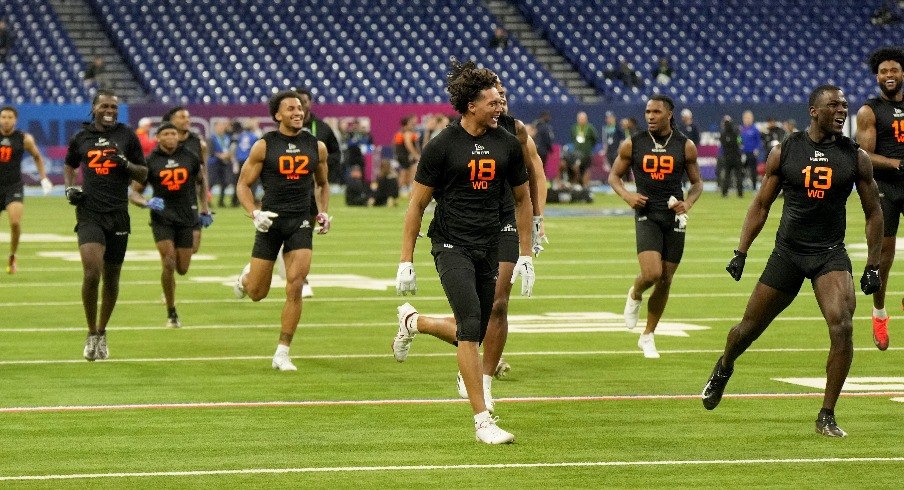What exactly is WBD hoping to accomplish with the NBA?

It has been less than a week since the NBA rejected Warner Bros. Discovery’s attempt to match Amazon’s bid for the league’s third media rights package, and in that time, the response from WBD has included the expected (a lawsuit) and unexpected (a PR campaign against the Amazon deal). Still unknown is exactly what WBD expects to accomplish with its efforts.
To be clear, there have been reports for months about what WBD is seeking — some kind of settlement, from a financial payout to a fourth package to some sort of licensing agreement with Amazon. Yet that is separate from what it hopes to actually accomplish.
In the best-case scenario, WBD successfully argues that the NBA is required to accept its match of Amazon’s bid, the decision holds up on appeal, and TNT continues airing NBA games through 2036. Anything is possible in a court of law (as the NFL learned in the Sunday Ticket case earlier this year), and it is worth noting that the judge in this case has a history that may be somewhat unsettling for the NBA. (While a trial lawyer, he represented the former owners of the ABA St. Louis Spirits as they negotiated a settlement with the league over a share of media rights revenue acquired during the NBA-ABA merger.)
Nevertheless, few expect that WBD will successfully hold onto its NBA rights. Such an outcome would almost certainly send the NBA back to the drawing board (at least after it exhausted all possible appeals), as its other rights deals are conditioned on TNT being out of the picture. Per John Ourand of Puck, Comcast was willing to walk away from its deal to acquire the “B” package in the event that the NBA carved out a fourth package for WBD.
Putting aside a victory in court, the real best-case scenario is a financial settlement, which WBD is seeking from the court in the event it does not get an injunction. Per Ourand, the prospect of the NBA awarding WBD a fourth package is nonexistent, and the possibility of WBD licensing “Inside the NBA” to Amazon is similarly unlikely. (Though Ourand did not address the possibility of WBD producing Amazon games for a fee, which was mentioned earlier in negotiations as a realistic outcome.)
Assume that WBD is successful in extracting a nine or ten-figure financial settlement from the NBA, not an insignificant amount of money. What then? Even WBD in its lawsuit acknowledged that no financial settlement could adequately make up for losing rights to the NBA: “The loss of these rights and the intangible and incalculable benefits they bring cannot be fully quantified with money damages.”
Often, when networks lose rights to a core property, they try to dress up the defeat as fiscal responsibility or getting out at the right time. WBD may well do that in the end, but it is on record in its lawsuit as saying the opposite. Citing the NBA’s impact on TNT — from its ratings, to the prices it can charge distributors, to even its ability to negotiate deals with other leagues — the lawsuit argued that this “is not a mere case of losing one valuable sports property, but rather a case where the various implications of losing the NBA distribution rights are wide-ranging and not merely difficult, but impossible to fully calculate.”
Thus, there is no outcome — short of actually winning its lawsuit — that will meaningfully change the calculus for WBD. It can give the NBA a headache, it can get a financial settlement, it can trash the deal in the press, but eventually WBD will have to learn how to live without the NBA.
As painful and impactful as losing NBA rights will surely be, it is only one package. Losing even a core package is survivable — with the possible exception of the NFL — so long as it is not followed by additional defections. When NBC lost the NFL in 1998, it was followed by the departures of Major League Baseball in 2000 and the NBA in 2002, a five-year run of futility that resulted in the network having zero “Big Four” sporting events from the end of its NBA run in June 2002 until its NHL debut in January 2006. NBC was able to survive that, TNT probably not. As such, far more important than a Hail Mary bid to keep the NBA is that WBD shift focus to keeping the Major League Baseball and NHL deals that are set to expire in about four years.
That goal will be complicated by any prolonged court challenge, and certainly by the network’s ill-considered decision to launch a PR campaign against the new deal. As reported by Dylan Byers of Puck, WBD secured the services of the PR firm Edelman to sell a swath of public figures — from current and former players to civil rights leaders — on the idea that the NBA’s deal with Amazon is exclusionary, even discriminatory, toward the league’s fanbase.
Beyond the fact that no amount of public sentiment is going to undo a $77 billion rights deal, no league is going to be eager to work with a company that reacts to what are ultimately normal business operations with lawsuits and public pressure.
Which brings this discussion back to the question of exactly what WBD is trying to accomplish. It is not going to keep the NBA, that seems a virtual certainty. It might get some money, but not enough to make up for the loss of rights. The most productive thing it can do at this point may well be to simply stop the bleeding — to focus not on rights that are lost, but to avoid making the same mistakes with what it has left.
It has been noted, including on this site, that the NBA has been down this exact road before — getting around then-incumbent ABC’s matching rights in 1973 to sign a deal with CBS. ABC, led then by the venerable Roone Arledge, sued and lost in court. Its response was to embark upon what would later be termed “Roone’s Revenge,” in which the network went out of its way to bury CBS NBA games with competing programming. Not only did the strategy work, the NBA only barely survived thanks to the arrivals of Magic Johnson and Larry Bird.
Needless to say, “Dave’s Revenge” does not quite have the same ring to it. To begin with, modern day WBD is not the industry colossus that ABC Sports was in the 1970s. Nor is the industry what it was back then, when network sports divisions were ascendant and the NBA was an also-ran. If WBD tries to make the NBA pay, it is far more likely to cost itself than the league.
Related
Lonzo Ball’s Official Status for Bulls vs Pacers
It was apparent that after the Chicago Bulls traded Zach LaVine to the Sacramento Kings and got the rights back to their first-round pick from the San Antonio S
Philadelphia 76ers Win vs Warriors Has Major NBA Draft Impact
At this point in the 2024-2025 NBA season, every game matters for the Philadelphia 76ers. Any win has a major impact on the Sixers’ ability to potentially sne
NBA DFS Picks Breakdown on DraftKings (Sunday, March 2) |…
Sunday features a six-game main slate starting at 6 p.m. ET. Let’s dive into some of the top plays on the slate using the Fa
BULLS VS PACERS PREDICTION, PICKS & ODDS FOR TONIGHT’S NBA…
Zach Collins has been putting in work in the absence of Nikola Vucevic, and our NBA betting picks believe he'll be busy
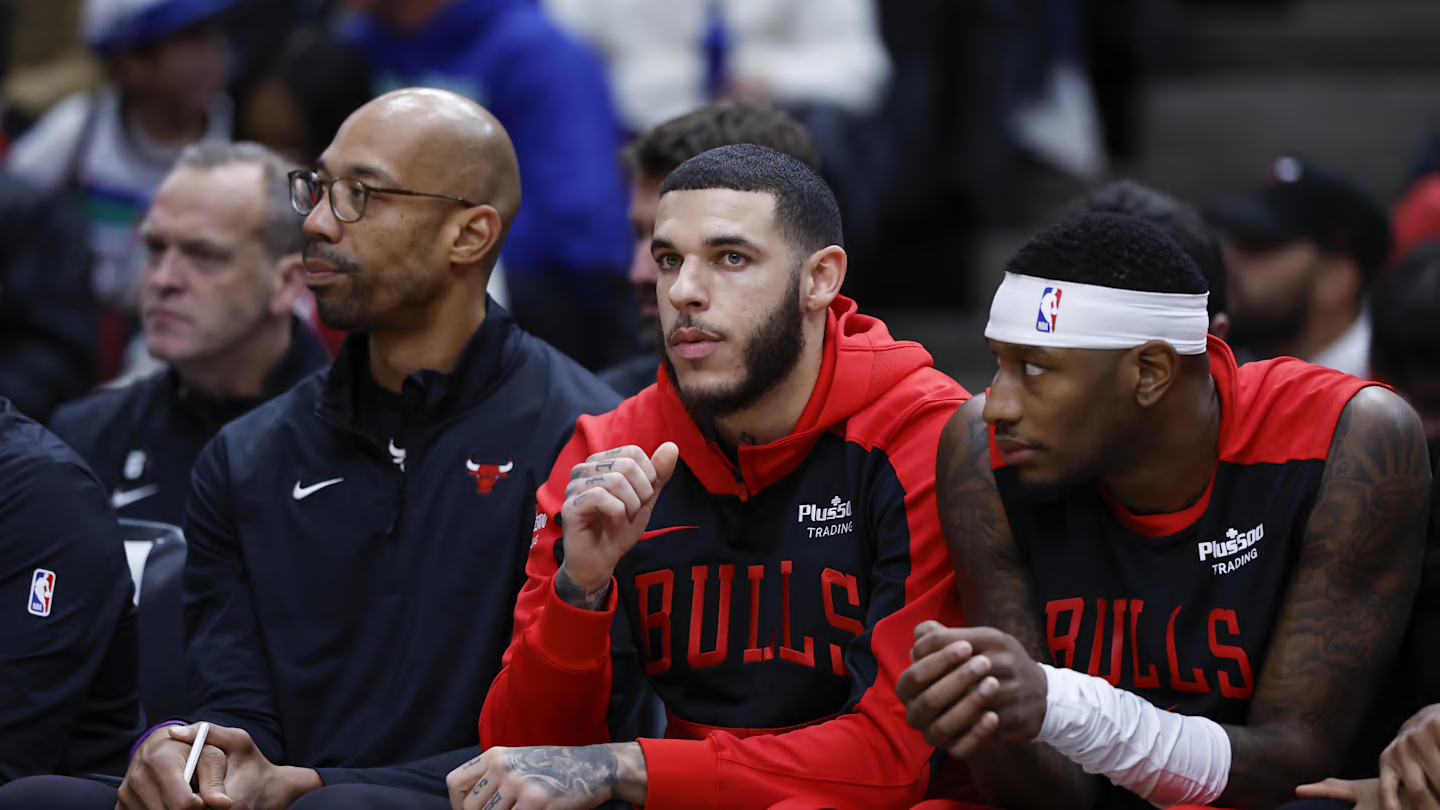


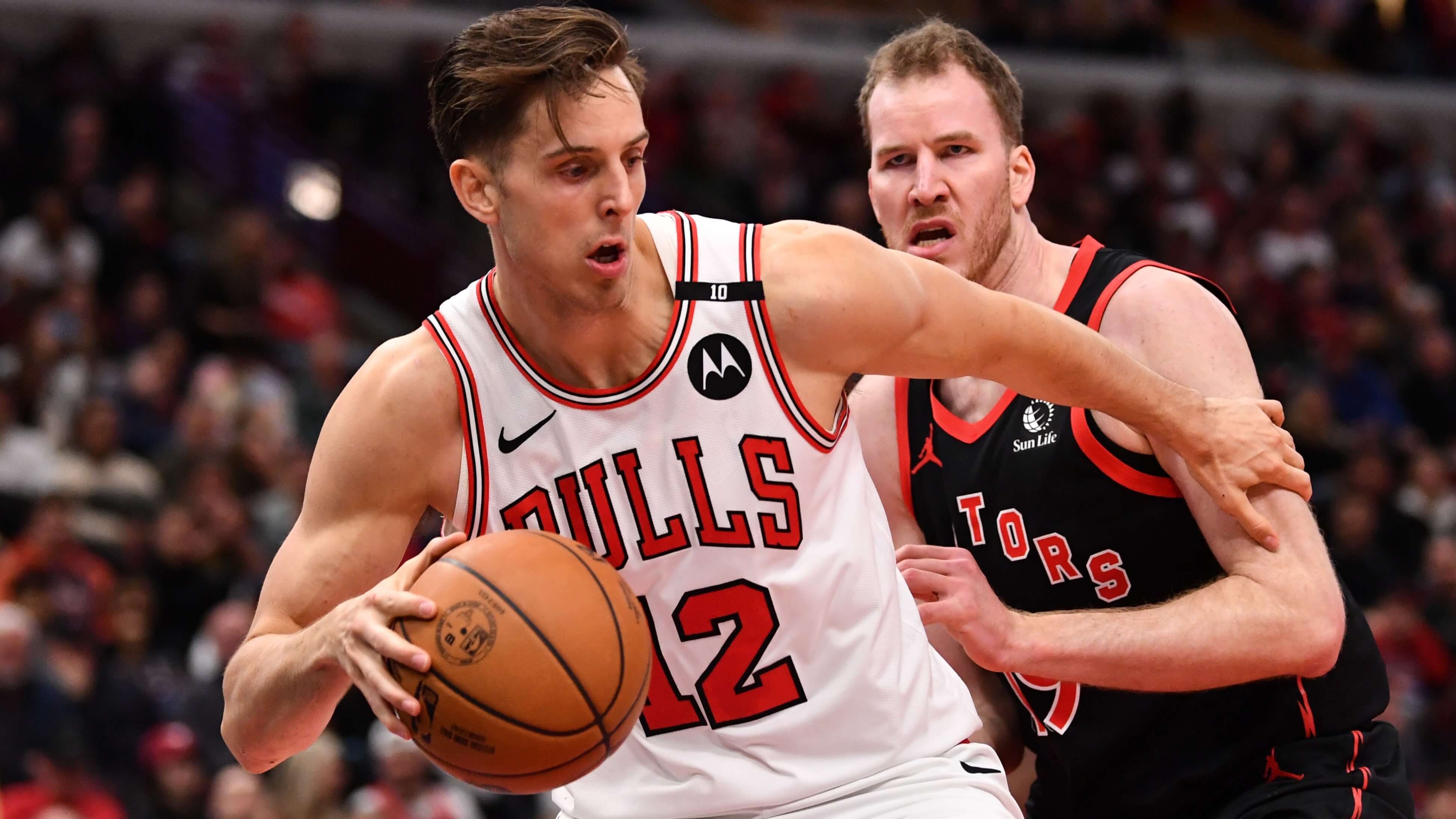

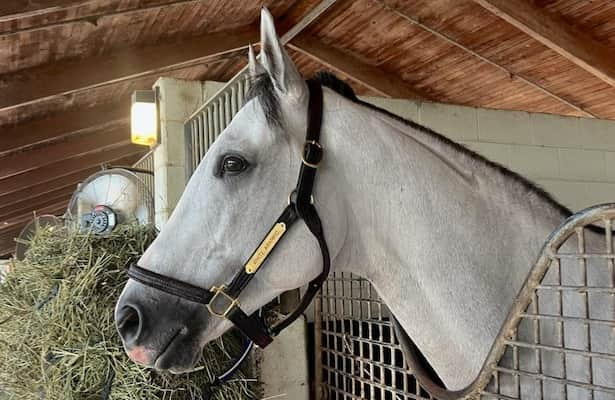

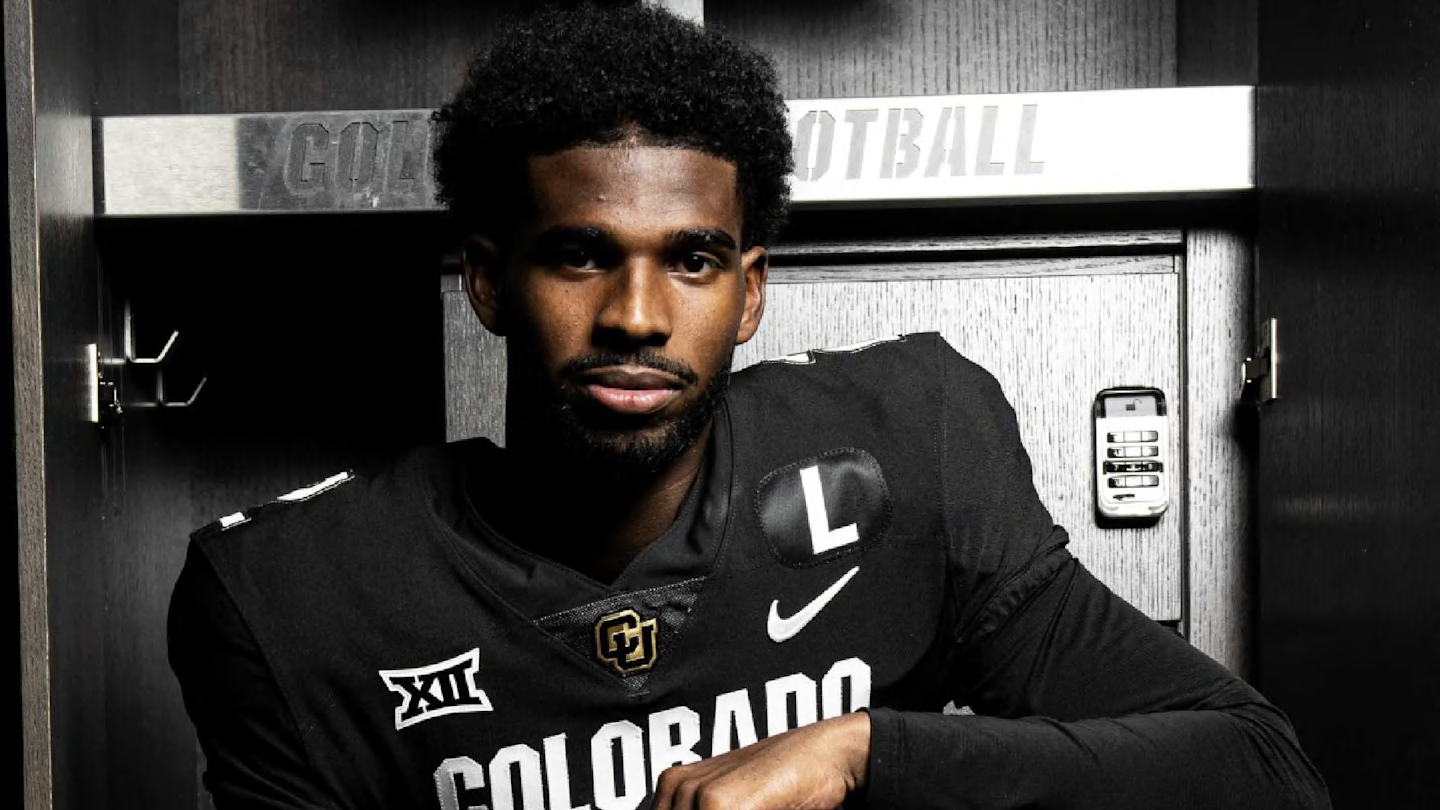

:max_bytes(150000):strip_icc():focal(757x341:759x343)/flight-corpse-022525-1-a2833d70f3f943ff8859d52a403a2739.jpg)


